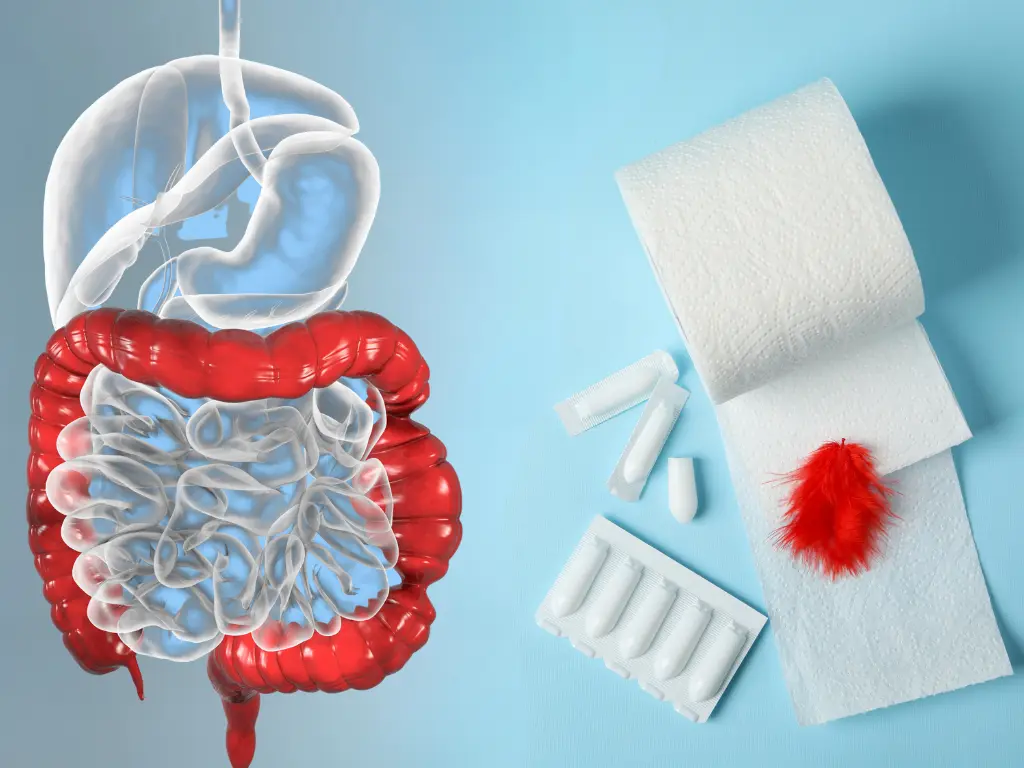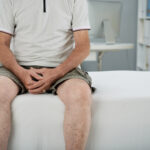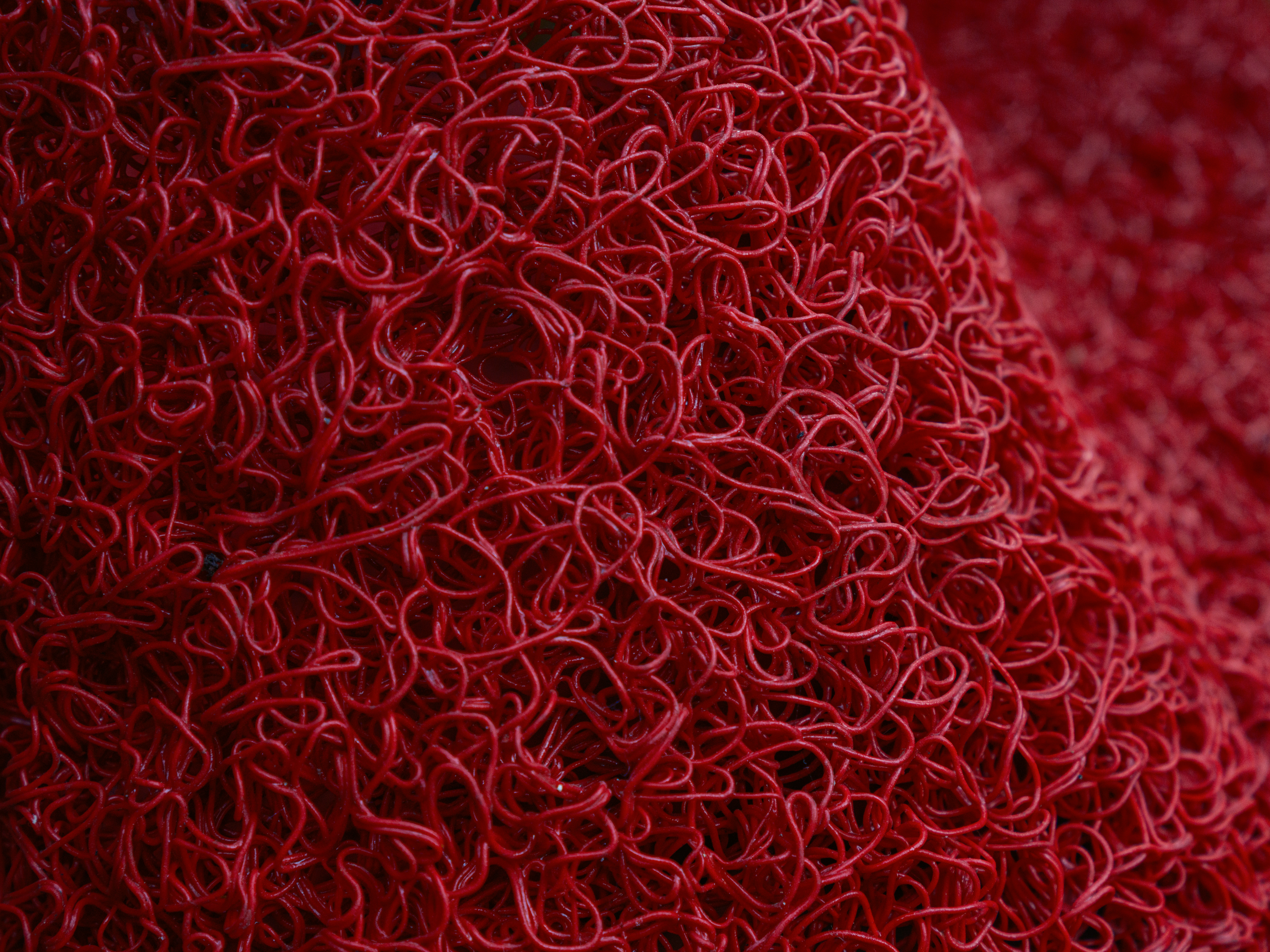A distraught colleague recently came to me and asked, ‘Can hemorrhoids cause bleeding without a bowel movement?’ And I reassured her that, yes, they can.
Then, I realized there may be many hemorrhoidal patients out there who get alarmed at the sight of blood while having hemorrhoids.
So, I’ll share some insights on hemorrhoidal bleeding and also shed some light on how you can reduce or mitigate the condition.
Let’s get into it!
Do hemorrhoids randomly bleed?
Hemorrhoids can bleed owing to a number of reasons. And the bleeding can catch you unaware. So, yes, they may seem random.
One of the ways hemorrhoids can grow worse is by developing thrombosis. Thrombosis appears when you have blood clots accumulated in the affected veins or tissues. This condition also implies swollen veins that cause discomfort and obstruct the normal functioning of your rectum and surrounding areas.
There’s more pressure directed to these tissues every time you eat (digest), move, and go about your daily routine. The additional pressure on the inflammation may cause ruptures in these tissues, which leads to bleeding.
Other times, continued pressure on your bottom can cause the hemorrhoidal tissues to pop and bleed.
Can hemorrhoids bleed without a bowel movement?
Bowel movement remains the most common cause of hemorrhoidal bleeding. However, there are other reasons why blood may appear from your hemorrhoids.
Here are other reasons why your hemorrhoids may lead to bleeding.
- Ulceration is a common cause of hemorrhoidal bleeding. Sores and bruises that appear on the affected tissue do not heal immediately. Over time, any aggravation may cause them to give way resulting in blood flowing out from the scarred tissue.
- Anal fissures are another reason why hemorrhoids cause bleeding. Your anal lining may grow sensitive to abrasions as the hemorrhoids get worse. Bleeding takes place when these linings begin to develop tiny tears and scratches.
- Excessive strain on the anal area and lower abdomen can worsen your hemorrhoids too. Sitting for long durations, coughing fits, or lifting heavy objects are all examples of straining. The added pressure can pop swollen veins to bleed.
- Thrombosed hemorrhoids create blood clots that are waiting to pop. With enough aggravation, they can rupture and bleed even without a bowel movement.
- One of the worst-case scenarios for hemorrhoids is when infections develop. Hemorrhoidal tissues can get infected through poor hygiene. And this leads to the worsening of tissues and possible bleeding.
How long does it take for a bleeding hemorrhoid to heal?
Mild bleeding is common regardless of your hemorrhoidal condition. In most instances, normal hemorrhoidal bleeding should stop within a minute.
For instance, a thrombosed hemorrhoid rupturing will lead to bleeding. But the bleeding will stop once the accumulated blood clots are empty. You may experience some pain followed by physical discomfort. However, the bleeding should be over in a minute or two.
In more common cases, stool passing through your rectum may grate against the anal linings and surrounding tissue. This can also cause momentary bleeding, especially if the hemorrhoidal tissues are swollen, and the stool is hard.
In both of these instances, you can expect gentle bleeding and consider it normal. Continue with your doctor’s recommended remedies and medication to ensure that healing also happens fast over the next few days.
However, bleeding in any manner can be worrying for many. And it’s wise not to take things too lightly because you never know what’s happening inside.
When should you worry about hemorrhoids bleeding?
While many agree that little blood is expected from developing hemorrhoids, there’s a point beyond which you should not ignore it.
Any kind of persistent bleeding should get you heading to the doctor immediately. Anal bleeding is not confined to one reason alone. And it’s best to make sure of the cause before you sit back and relax.
Here are a few instances where you should consult a physician without delay.
- Any extent of bleeding that you think is concerning (Don’t wait for heavy bleeding to find a doctor).
- Your poo retains a dark red color or carries smears of dark blood.
- Continued pain or severe discomfort in your rectum and anal area.
- Rectal bleeding accompanied by severe constipation
- Rectal bleeding with diarrhea
Hemorrhoids and light bleeding go hand in hand. But don’t rely on common understanding alone to avoid a visit to your doctor. Medical professionals offer the expertise and experience to diagnose your symptoms and underlying conditions. Don’t hesitate to consult a doctor and confirm if your bleeding is normal or requires medical intervention.
How to stop bleeding hemorrhoids?
The most immediate action you can take to stop hemorrhoidal bleeding is by direct pressure.
Use a clean cloth or medical wipe to gently press against the anal area. Moderate pressure will disrupt blood flow to the hemorrhoidal rupture and put a stop to the bleeding in a few minutes.
You can also use a cold compress (ice bag) or warm compress (soft material dabbed in warm water) to ease the tissue and discourage further bleeding. (Learn what you can do when your hemorrhoids pop).
The cold compress shrinks the tissue preventing further loss of blood. And the warm compress may soothe the affected area for faster clotting/healing.
Damage control is necessary sometimes. However, I recommend preventive measures that help you avoid excessive bleeding altogether.
- Modify your diet to increase your intake of healthy fibers. They digest faster and prevent hard stools that cause bleeding.
- Keep hydrating. There’s nothing like water to wash down your system and keep stools soft.
- Avoid heavy and strenuous activities. Lifting heavy loads, sitting on your butt for extended hours, etc., all add strain to the lower body.
- Go for timely medical check-ins. Anal fissures, infections, or STDs will cause faster and more severe bleeding, even if your hemorrhoids are healing.
- Continue with cold treatment and warm baths to keep the affected area clean, relaxed, and soothed.
Conclusion
Can hemorrhoids cause bleeding even without a bowel movement? The answer, to my colleague’s dismay, remains ‘Yes.’ However, timely home remedies and regular medical consultation can ensure that the bleeding is prevented and managed correctly.
Excess strain on the butt remains a common cause of hemorrhoidal bleeding. Here’s how your sitting habits cause hemorrhoidal troubles and the best positions to avoid strain.







